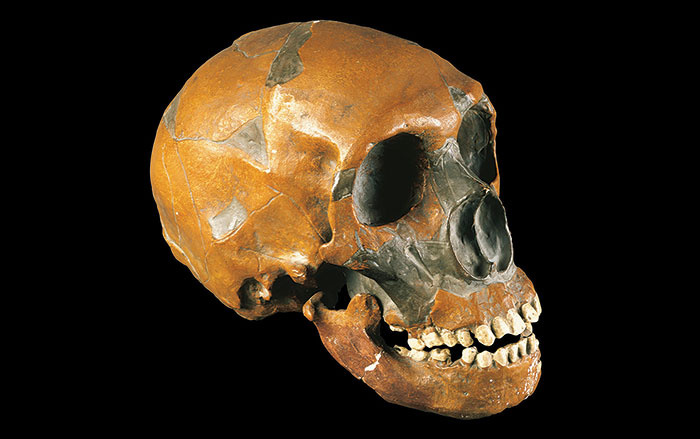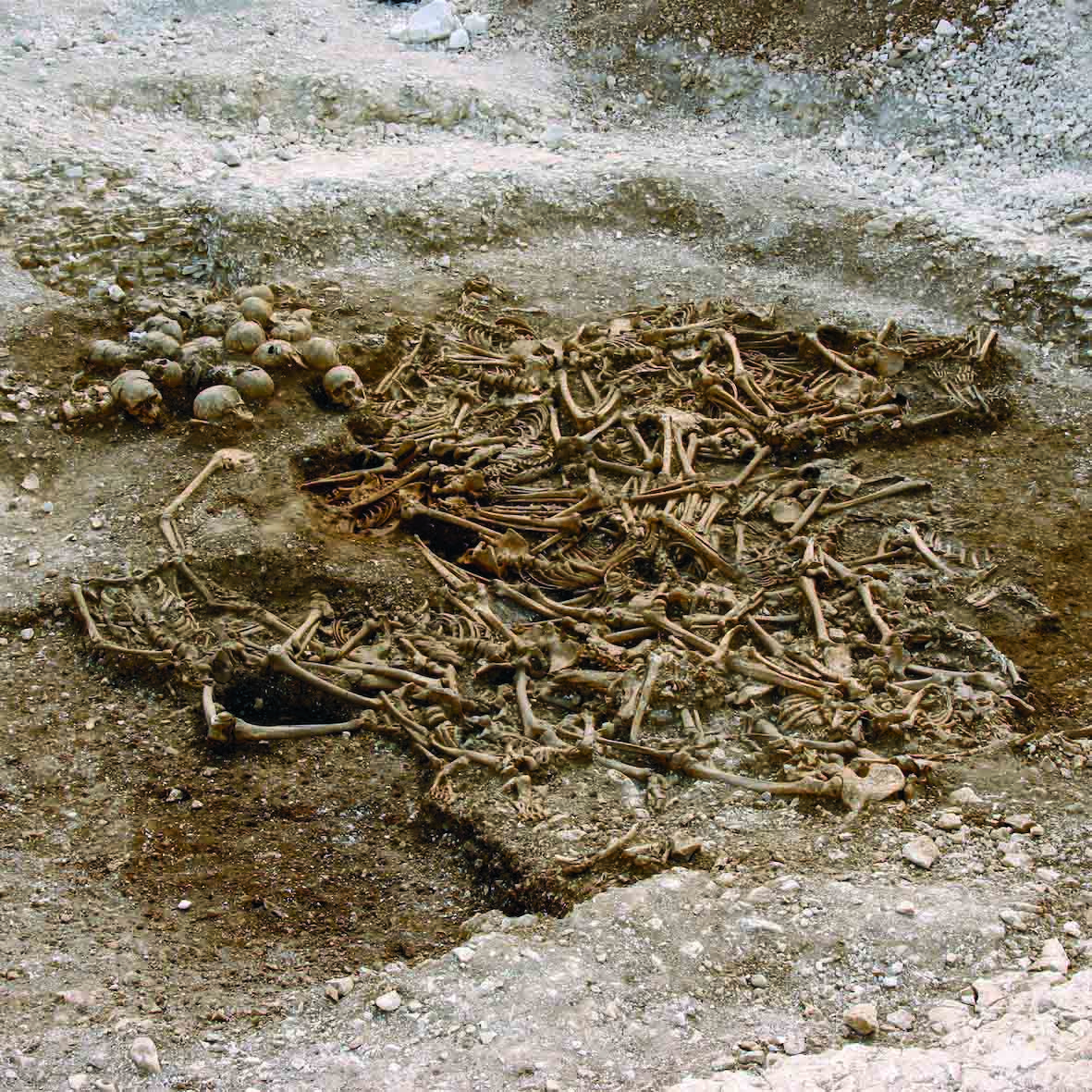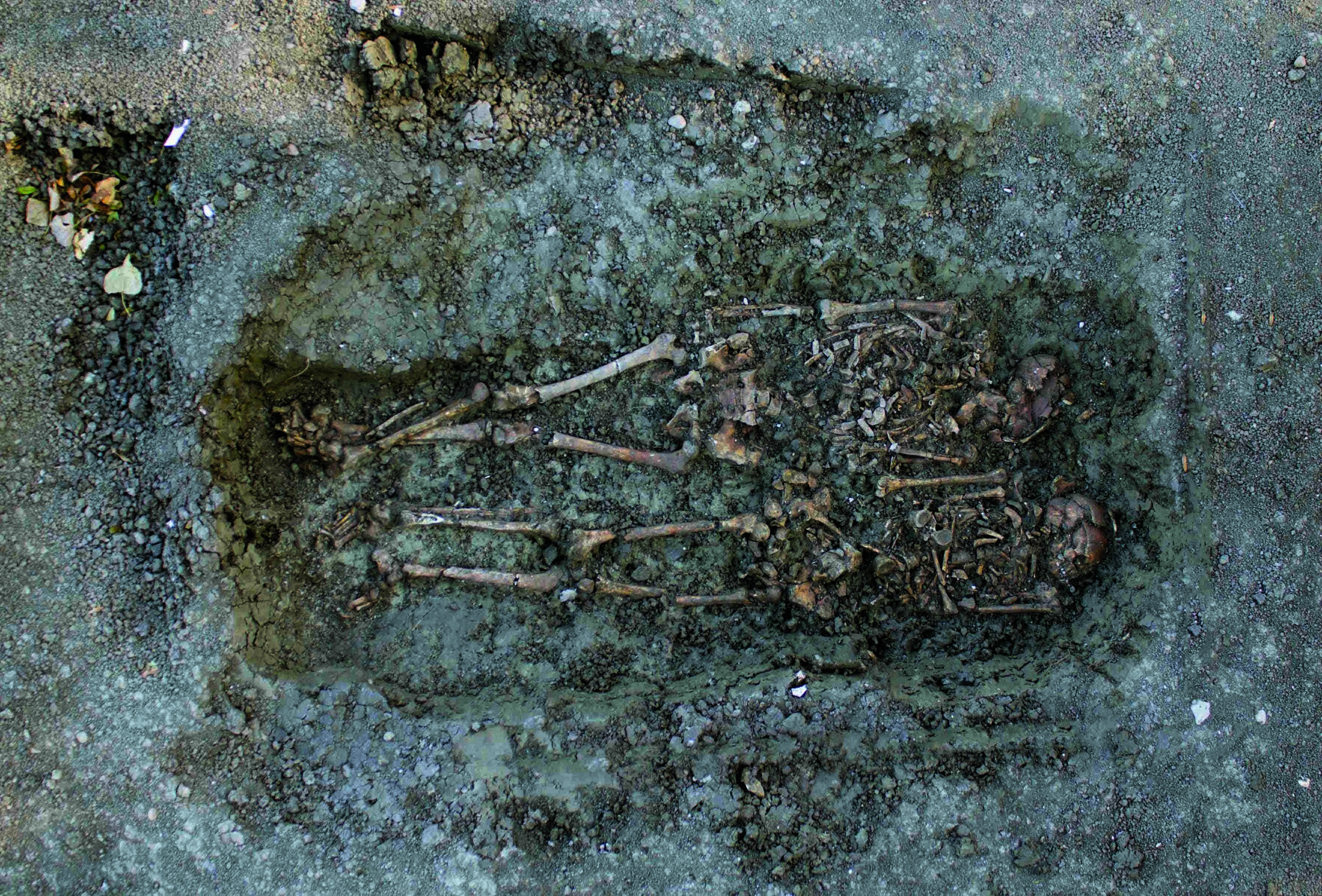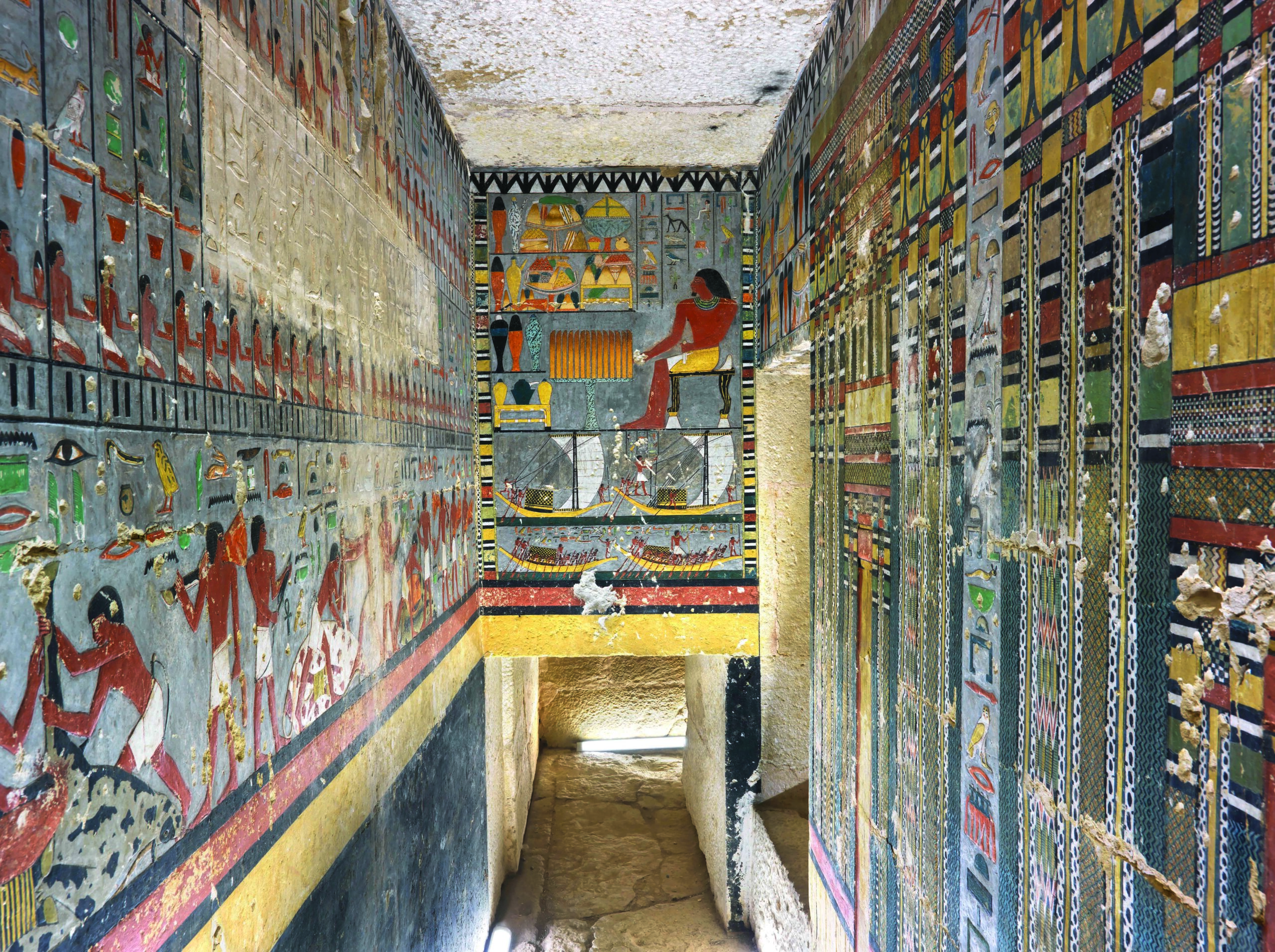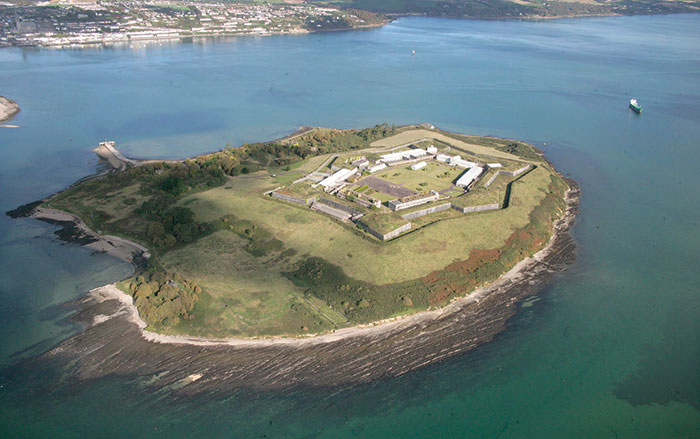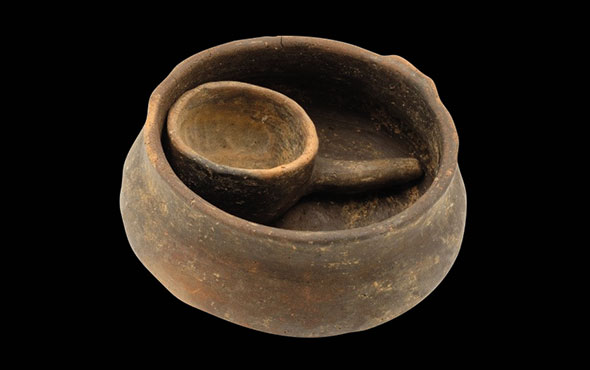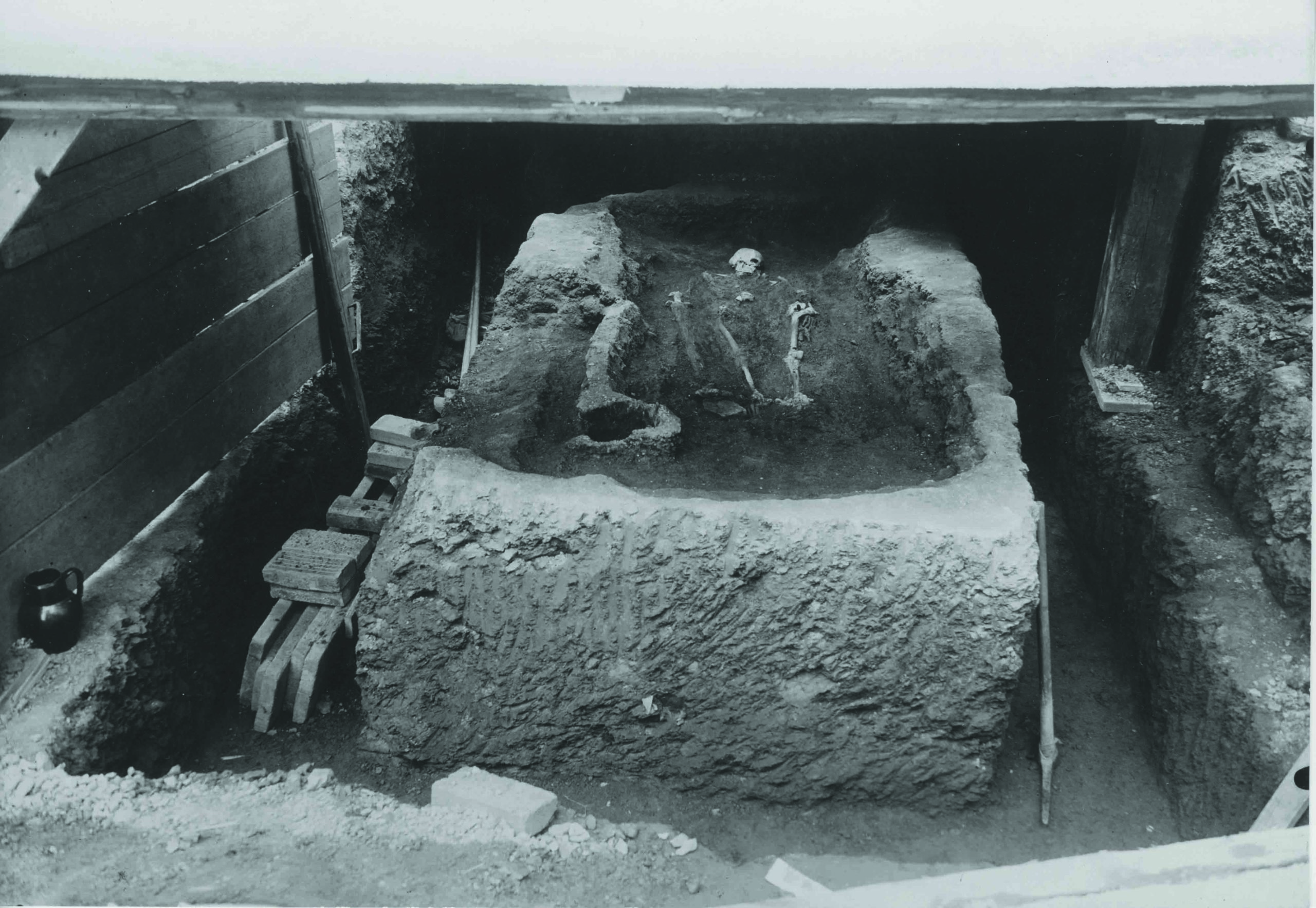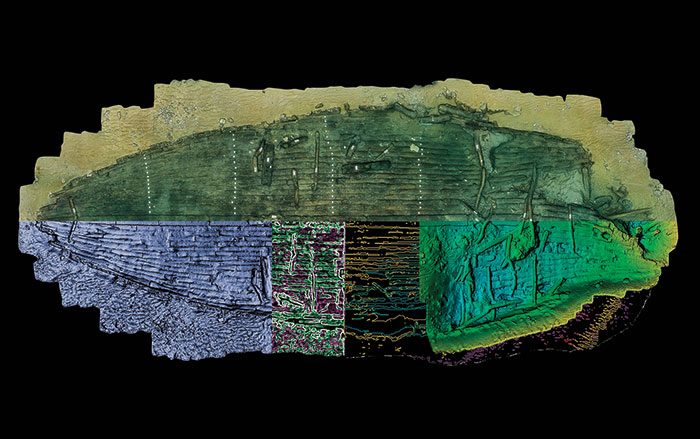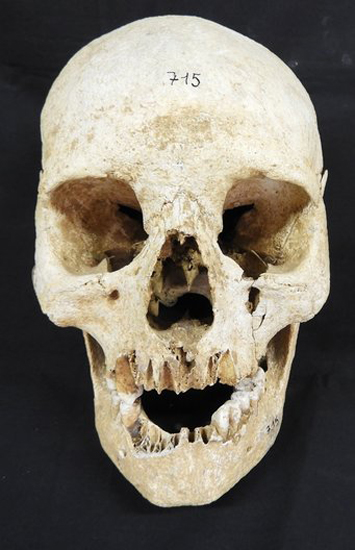
JENA, GERMANY—According to a report in Science Magazine, population geneticists Felix Key and Johannes Krause and bacterial genomicist Alexander Herbig of the Max Planck Institute for the Science of Human History developed a technique to detect DNA from disease-causing bacteria in ancient remains. The researchers were able to reconstruct eight Salmonella enterica genomes after screening samples taken from the teeth of more than 2,500 people who had been buried in Europe, Russia, or Turkey more than 6,500 years ago. Two of the genomes, found in the remains of hunter-gatherers who lived in what is now Russia, are from strains of the pathogen that cause miscarriages in horses and sheep. The other six genomes, recovered from ancient farmers and pastoralists, include the progenitor of a rare strain of bacteria that can now be deadly to humans, but in the past would have caused a milder form of illness in both humans and animals. The analysis also suggests that early farmers picked up Salmonella enterica from an unknown animal host, rather than from domesticated pigs some 4,000 years ago, as had been previously thought. To read about the identification of Salmonella enterica in the remains of victims of a 1545 epidemic in Mexico, go to "Conquistador Contagion."


